Glen Campbell
It's not unreasonable to think of Glen Campbell as the country equivalent of the folk-minded Kingston Trio — someone who injected pop accessibility into a traditional, mostly rural form in ways that made the music appealing to millions of mainstream fans.
In Campbell's case, the Grammy-winning singer not only opened a pop door to country music through such late-'60s hits as "By the Time I Get to Phoenix" and "Wichita Lineman" but also helped win legions of new fans for the music through a hit TV variety show.
His affection for country was genuine. He grew up listening to it in Pike County, Ark., in the '40s and early '50s. But his musical tastes also were shaped by rock 'n' roll, folk and pop. By the time he caught the pop world's ear in 1967 with his warmly convincing version of Jimmy Webb's "Phoenix," Campbell already had spent much of the decade singing or playing guitar on the road or in the studio with rockers (the Beach Boys), pop artists (Frank Sinatra) and country artists (Merle Haggard).
For his own recordings, he brought all those influences into play. The result vocally was a smooth, pop-country approach closer to another country outsider, John Denver, than to the honky-tonk tradition of George Jones and Haggard.
His personal life has made headlines over the years. Fans of Campbell know he has struggled with addiction for decades. But by the early '90s, Campbell was committed to sobriety and quit cold turkey. He stayed that way for nearly eight years— which he claims he did without professional help.
But he has had slips. A now-famous 2004 mug shot was taken after a round of golf, two "tall" rum and Cokes and one very energetic struggle in the back of a police car. Campbell's hair leapt from his head in furious swirls and he glared into the camera, his eyes bloodshot and watery, his mouth fixed in a menacing grimace, more Jesse James than Rhinestone Cowboy.
Related stars
|
|
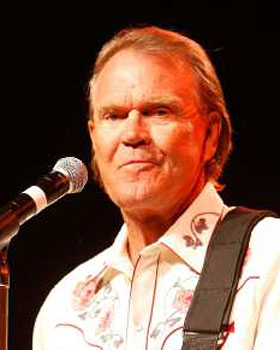

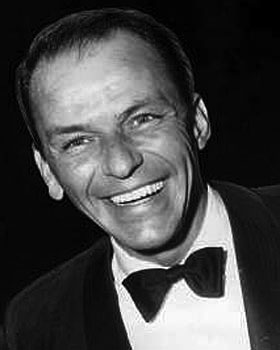
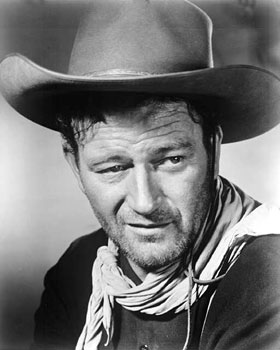
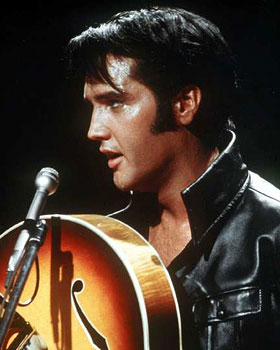
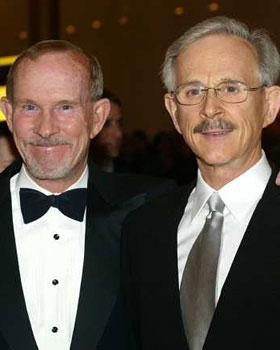
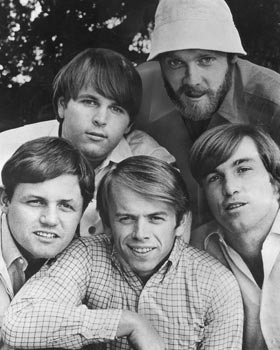
Three thoughts about Glen Campbell
Share a thought about Glen Campbell